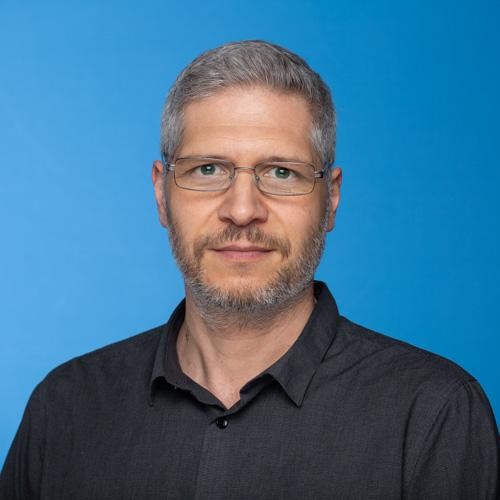BIO:
Associate Professor in Psychology of Work and Organizations at the University of Genoa, teaches in several course like Psychology of Work (Communication Sciences), Cognitive Ergonomics (Digital Humanities), Psychology of Work and Organizations (Psychological Sciences and Techniques), Risk communication and perception (Engineering for Natural Risk Management). He has expertise with research and intervention in operational contexts characterized by situations of risk and interaction between cognitive, technological and organizational aspects. Expert in cognitive ergonomics, he has carried out numerous interventions for risk management, for the promotion of non-technical skills (communication, leadership, stress management, decision-making capacity) for the safety and well-being of operators in complex sociotechnical systems. He is following projects at European and national level for emergency management, risk communication and the development of non-technical skills for crisis management. On the organizational side, he conducts research and consultancy in the field of safety culture and organizational resilience, event analysis methods and no-blame culture.
SPEECH TITLE: Transfactory: towards a new technology-human manufacturing co-evolution framework
ABSTRACT:
The evolution of work organizational models and of technology poses an unprecedented set of challenges and opportunities for ensuring workers’ well-being. After an overview of the evolution of these two aspects and the role of humans with their respect, we will frame the current and near-future developments according to the job demands-resources model, where humans’ well-being depends on the good balance between job demands (workload, stress, risks, etc.) and job resources, both personal (resilience, optimism, etc.) and job-related (organizational and technological support). Adaptive automation and artificial intelligence have the potential to become job resources rather than job demands, but only if a proper design is set. Central to the design is the notion of plasticity, i.e., the capacity of an element to adapt to changes in its coupling with interacting elements. We will discuss two forms of plasticity in the relationship between humans and technology. Short-term plasticity is mainly based on the immediate adaptation of technology to human needs and performance. The long-term plasticity is based on the co-evolution of humans and technology, where changes concern not just the mere performance, but wider and long-lasting aspects like knowledge, culture, identities, approaches, job frameworks. Organization is crucial to foster this kind of co-evolution, towards a new framework, called transfactory, where human needs and values govern the overall systems evolution.

